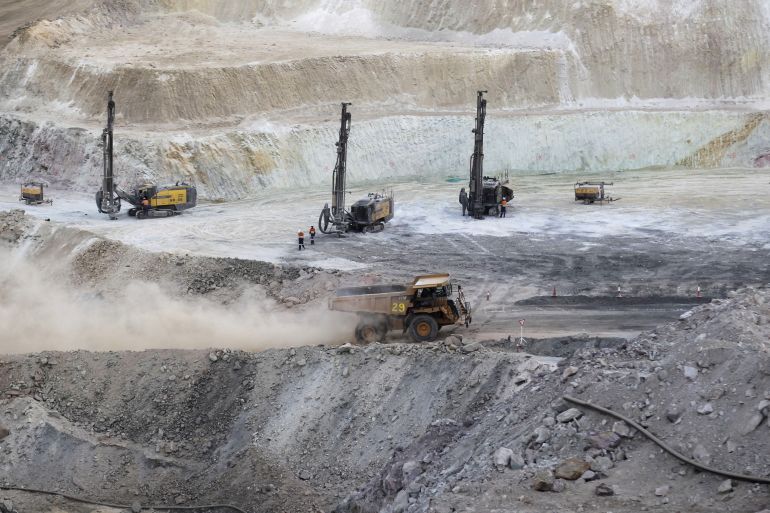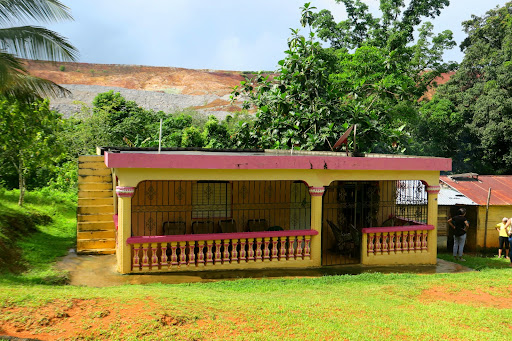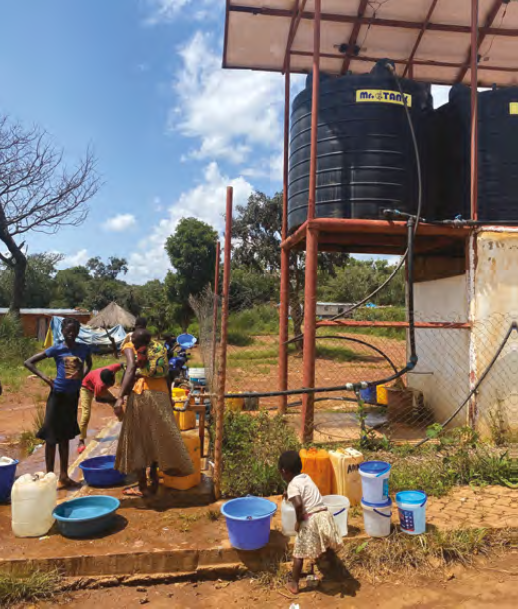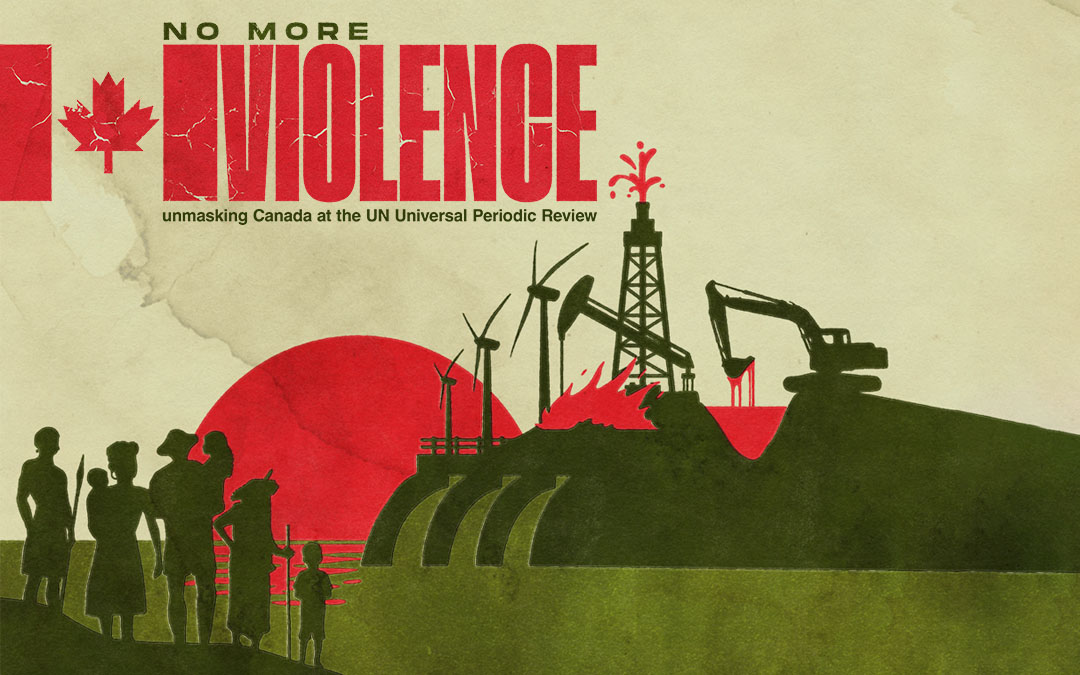Thanks JKR now I understand that one of your sources for your views on China is the Epoch Times. Here is an article about Falun Gong from the perspective of someone who was in the cult. He is Taiwanese and not very Beijing friendly so I trust his views from the inside. It sounds like a cult to me and as he points out one that decided to openly call for rebellion against the central government of "devils."
Robertson and Rogers argue, in essence, that the ABC has re-framed the media narrative on Falun Gong such that it takes on a more sinister hue. They say the ABC portrays Falun Gong as a threat to public safety due to its dangerous teachings on medicine, and that it is secretive and dishonest. Foreign Correspondent and Background Briefing have both rejected such a characterisation of its coverage, arguing they simply gave critics an opportunity to be heard and Falun Gong fair opportunity to respond. But from my perspective, after being a staunch follower for 12 years, such a characterisation would be accurate.
Robertson and Rogers also argue that the ABC effectively ridiculed Falun Gong for its beliefs. I personally didn’t see that — although it’s hard for me these days not to have some kind of visceral reaction to Falun Gong’s teachings about gay people being disgusting, interracial children having no heaven to go to, and aliens slowly taking over human bodies (not to mention the less-publicised, but widely-held, belief that Donald Trump is an angel from heaven).
https://www.abc.net.au/religion/the-abc-is-right-that-falun-gong-teachin...










